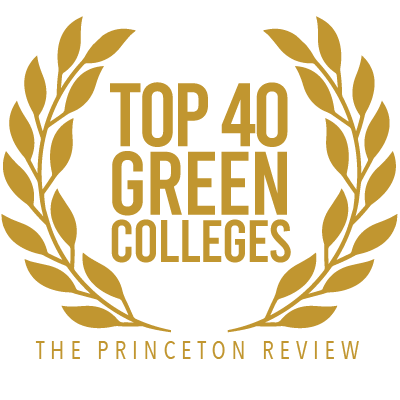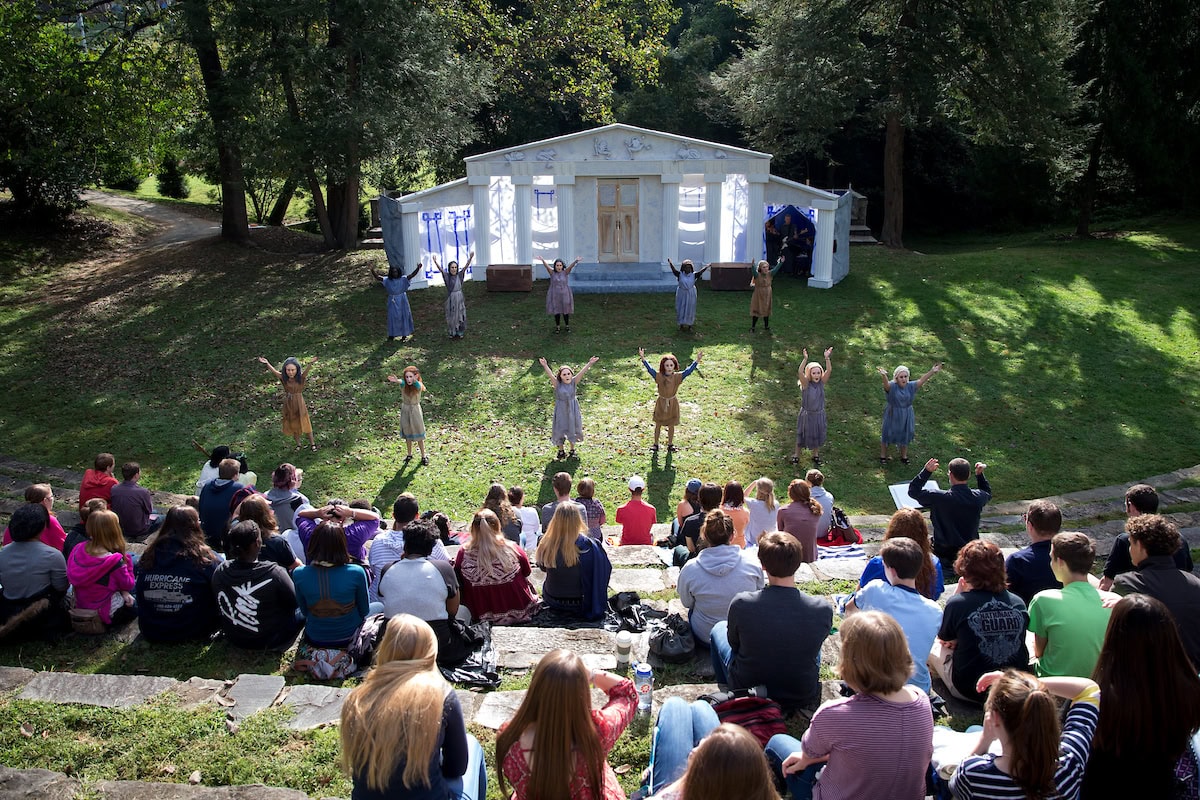Classics
Related Links
Curriculum
The history of thought since the time of Aristotle has witnessed the fragmentation of knowledge into increasingly more specialized categories, a trend which continues unabated today. Yet in the public debate on almost any contemporary issue of significance, there are moral, political, aesthetic, or technological considerations which overlap and often conflict; an understanding of these interrelationships is crucial if one is to be a competent citizen in an increasingly complex world.
The unique virtue of a minor in Classical Civilization is that it is by nature interdisciplinary, entailing the study of language, history, art and literature, religion, and philosophy. Because many of the great issues which confronted the Greeks and Romans are precisely those which we are still trying to resolve, the study of the classics provides an excellent introduction to the many facets of human struggle and achievement. It is the essence of the liberal arts, to which, to borrow a phrase from Terence, no dimension of human experience is foreign.




